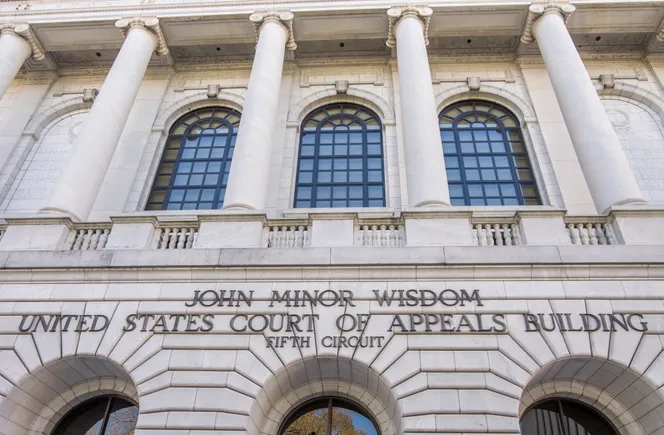Dive Brief:
- An HR generalist who was laid off while taking an extended, unpaid leave of absence to recover from a bone biopsy surgery did not show that Credit One Bank discriminated against her in violation of the Americans with Disabilities Act, the 9th U.S. Circuit Court of Appeals held Oct. 16.
- Per the complaint in Shields v. Credit One Bank, N.A., the plaintiff was approved for leave under the ADA because she was not eligible for leave under the Family and Medical Leave Act. Her return to work was extended but, before her return date, Credit One called her to its offices and informed her that her position was being eliminated. She sued, claiming that the termination violated the ADA.
- A district court granted summary judgment to Credit One and the 9th Circuit upheld. It found that the bank “proffered a legitimate, nondiscriminatory reason” for the termination in stating that the position was being eliminated as part of ongoing restructuring initiated before the plaintiff knew she needed surgery. Credit One did not hire another HR generalist after the plaintiff’s termination, and her job duties were redistributed among other HR employees, the court said.
Dive Insight:
The ADA requires employers to provide reasonable accommodations to covered employees who have a disability and who can perform their essential job functions with such accommodations in place. Furthermore, unpaid leave may be considered a reasonable accommodation under the ADA if it doesn’t pose an undue hardship on the operation of the employer’s business, according to the U.S. Equal Employment Opportunity Commission.
In Shields, Credit One granted unpaid leave as an accommodation but nonetheless eliminated the plaintiff’s position while she was taking said leave. The plaintiff claimed that Credit One failed to produce documentary or corroborative evidence substantiating its rationale for her termination, but the 9th Circuit rejected this argument, holding that an employer “is not required to provide such evidence to establish that its rationale is legitimate and nondiscriminatory.”
The court also noted that Credit One hired an alleged replacement to perform other HR functions two weeks before the employee took leave, and the fact that Credit One redistributed the plaintiff’s duties among other HR staff while she was on leave did not show pretext.
“Finally, the timing of [plaintiff’s] termination, which took place in close proximity to her request for a leave extension, may be sufficient to establish a prima facie case of discrimination, but as circumstantial evidence of pretext, it is not specific and substantial enough to create a genuine dispute of fact,” the 9th Circuit said.
The Job Accommodation Network has advised employers that they should ensure layoff and reduction-in-force decisions are based on nondiscriminatory reasons. Employers also cannot penalize employees for accommodations provided pursuant to the ADA, according to JAN.
An accommodation request may not protect an employee from termination for nondiscriminatory reasons; in 2019, the 3rd Circuit found that the University of Scranton did not discriminate when it fired an employee who made two accommodation requests because the employee received poor performance reviews both before and after the requests were made.






Leave a Reply